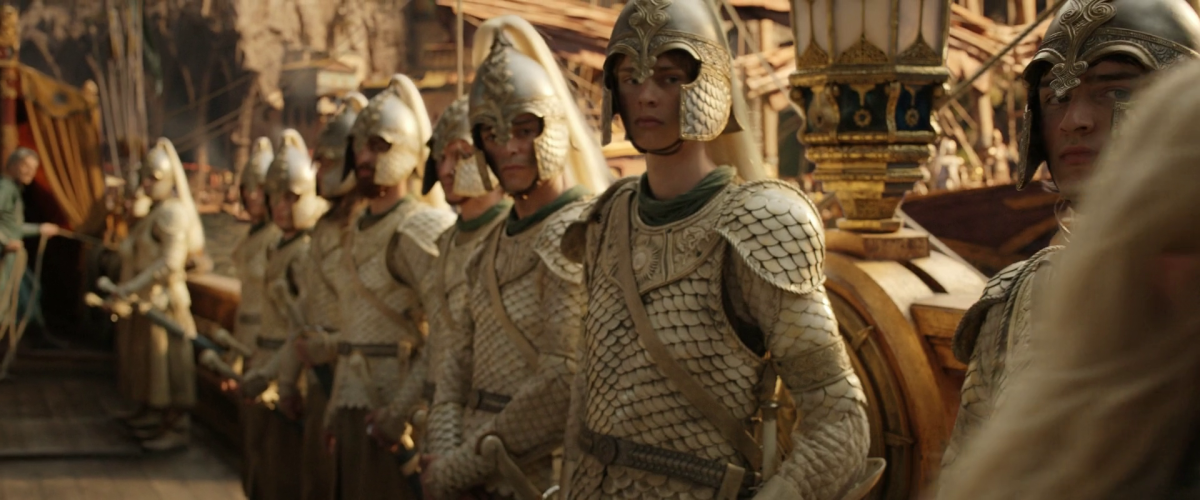Aldarion
 Archmage
Archmage

Warfare in Rings of Power Season 1
As in everything else, Rings of Power have chosen to go for brainless “epicness” in their depiction of warfare as well. Not many good things can be said about this “epic” TV…
 warfantasy.wordpress.com
warfantasy.wordpress.com
As in everything else, Rings of Power have chosen to go for brainless “epicness” in their depiction of warfare as well. Not many good things can be said about this “epic” TV show, and warfare in it is no exception.

 Istar
Istar